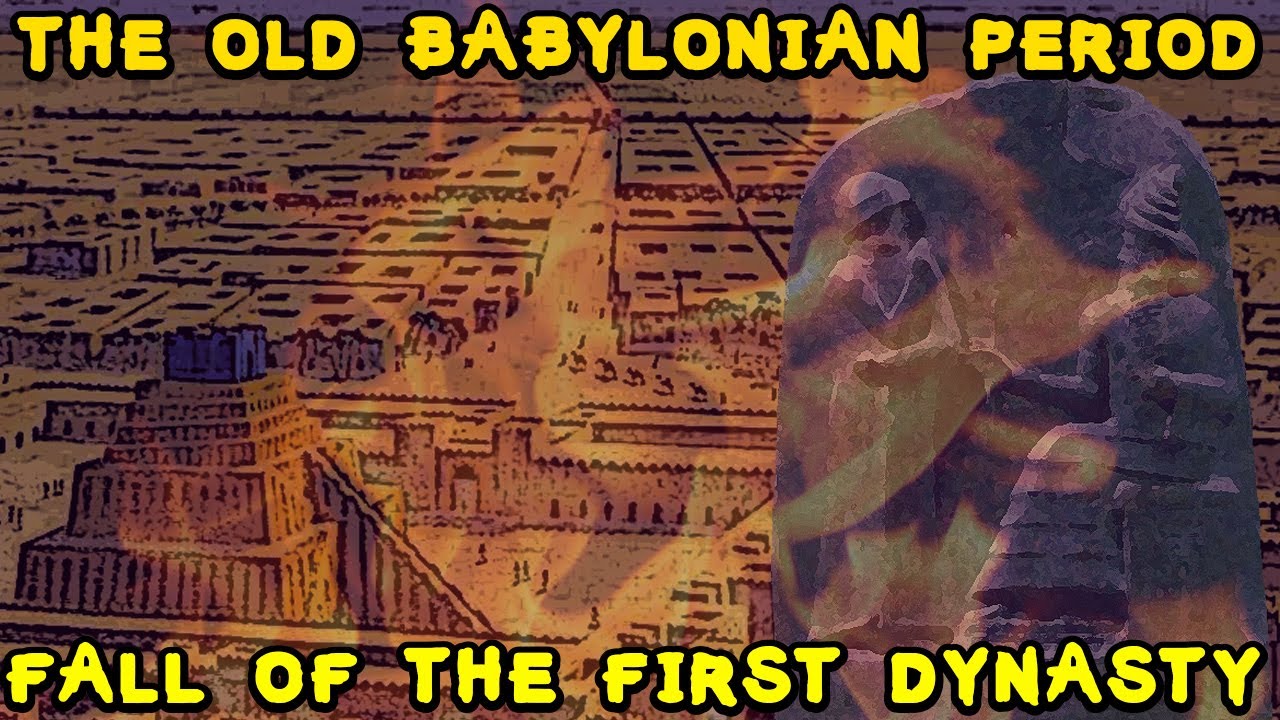Introduction
In 1675, amidst the turbulent times of the Indian-Settler conflict in Rhode Island, a compassionate Quaker emerged, expressing sympathy towards the indigenous population. This article delves into the historical context of that period, explores the Quaker movement and its values, introduces the Quaker community in Rhode Island, and examines the factors leading to tensions between the Indians and settlers. We will then uncover the identity of the Rhode Island Quaker who displayed remarkable empathy towards the indigenous people, explore their actions in support of indigenous rights, and delve into the responses and controversy their sympathetic stance generated. Finally, we will reflect on the long-lasting impact of the Quaker’s actions and the significance of their empathy towards the Indians.
Background
The year 1675 was marked by intense conflict between Native American tribes and English settlers in Rhode Island. This period, known as King Philip’s War, was characterized by raids, massacres, and the displacement of native populations as tensions escalated between tribes seeking to protect their ancestral lands and settlers pushing for expansion. Amidst this backdrop, a Quaker emerged as a voice of empathy and understanding.
The Quaker Movement
The Quaker movement, also known as the Religious Society of Friends, originated in England during the 17th century. Quakers rejected the hierarchical structure of the Church of England and believed in direct communion with God. Their core values included pacifism, egalitarianism, simplicity, and a commitment to social justice.
Rhode Island Quakers
Rhode Island, founded on principles of religious freedom and tolerance, became a haven for various religious groups, including Quakers. Quakers in Rhode Island were part of a tight-knit community whose members were dedicated to living out their faith through their daily lives. They actively engaged in social activism and sought to establish a society based on equality and justice.
Understanding the Indian-Settler Conflict
The Indian-Settler conflict in 1675 stemmed from a complex web of factors. English settlers encroached upon Native American lands, leading to territorial disputes and tension. The imposition of colonial laws and customs on indigenous communities further exacerbated the divide. Additionally, past grievances and cultural differences contributed to a breakdown in relations between the two groups.
The Rhode Island Quaker’s Perspective
In the midst of this conflict, the Rhode Island Quaker expressed sympathy towards the indigenous population. Their perspective was rooted in Quaker principles of equality and non-violence. They recognized the unjust treatment of the Native Americans and sought to bridge the gap between the two communities through dialogue and understanding.
Influential Figures in 1675
Several notable Quakers played significant roles within the Rhode Island community during this period. These figures were actively involved in promoting Quaker principles and working towards peaceful resolutions to conflicts. Their influence helped shape the compassionate stance adopted by the Rhode Island Quaker in question.
Unveiling the Sympathetic Quaker
The compassionate Quaker who expressed sympathy towards the Indians in 1675 was Mary Dyer. A prominent figure within the Quaker community, Dyer was known for her advocacy of religious freedom and her unwavering commitment to Quaker values. Her actions during the Indian-Settler conflict demonstrated her empathy and concern for the well-being of the indigenous population.
Advocating for Indigenous Rights
Mary Dyer’s actions in support of indigenous rights were multifaceted. She actively engaged in dialogue with Native American leaders, seeking to understand their grievances and advocate for peaceful resolutions. Dyer also worked to raise awareness within the Quaker community about the injustices faced by the indigenous population, urging her fellow Quakers to stand in solidarity and support their cause.
Controversy and Opposition
Dyer’s sympathetic stance towards the Indians was not without controversy and opposition. Some settlers viewed her actions as a betrayal, accusing her of siding with the "enemy." Dyer faced backlash from fellow colonists who disagreed with her empathy towards the indigenous population and sought to silence her advocacy efforts.
Legacy and Impact
Mary Dyer’s actions and the empathy she displayed towards the Indians had a lasting impact. She brought attention to the need for peaceful resolutions and understanding between the two communities. Her advocacy for indigenous rights inspired future generations to fight for social justice and equality. Dyer’s legacy continues to be celebrated within the Quaker community and serves as a reminder of the power of compassion and empathy in times of conflict.
Conclusion
The Rhode Island Quaker who expressed sympathy towards the Indians in 1675, Mary Dyer, stands as a remarkable figure in history. Amidst the turmoil of the Indian-Settler conflict, Dyer’s actions exemplified the core values of the Quaker movement – empathy, peace, and justice. Her unwavering commitment to indigenous rights and her advocacy for peaceful resolutions continue to inspire and resonate with individuals today. Mary Dyer’s legacy serves as a powerful testament to the significance of compassion and understanding in times of strife.





